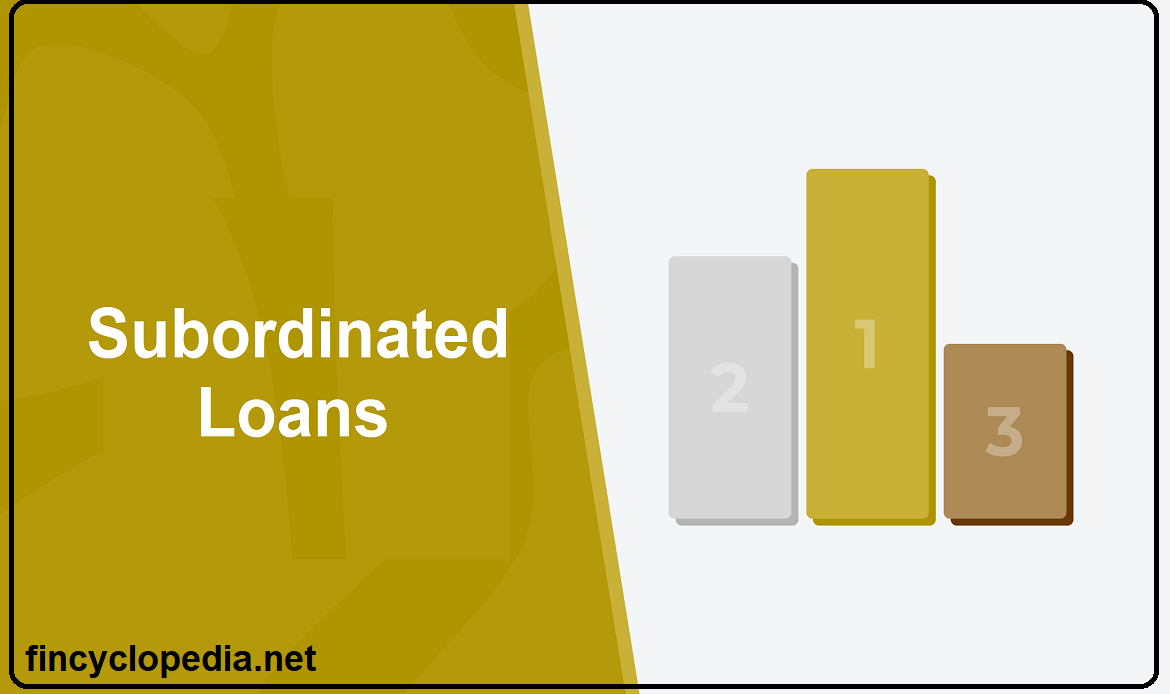It stands for secured overnight financing rate; a broad reference rate that measures the cost of borrowing money overnight collateralized by Treasury securities. It is an interbank overnight reference rate that was introduced as an alternative to LIBOR, given the substantial shortcomings (e.g., rate rigging) that had historically engulfed the latter.
The SOFR includes all trades in the so-called “Broad General Collateral Rate” in addition to bilateral Treasury repurchase agreement (repo) transactions cleared through the delivery-versus-payment (DVP) service, in exception of “specials” (specific-issue collateral).
The SOFR is complied as a volume-weighted median of transaction-level tri-party repo data collected from the Bank of New York-Mellon as well as relevant repo transaction data and data on bilateral Treasury repo transactions.
Each business day, the New York Fed publishes the SOFR on its website. This rate takes many forms (or has multiple types: 1) daily simple SOFR, (2) daily compounded SOFR, (3) term SOFR, (4) SOFR averages, and (5) SOFR index. The most popular types that are quoted or used as reference in syndicated and bilateral credit agreements are daily simple SOFR, daily compounded SOFR, and term SOFR.






